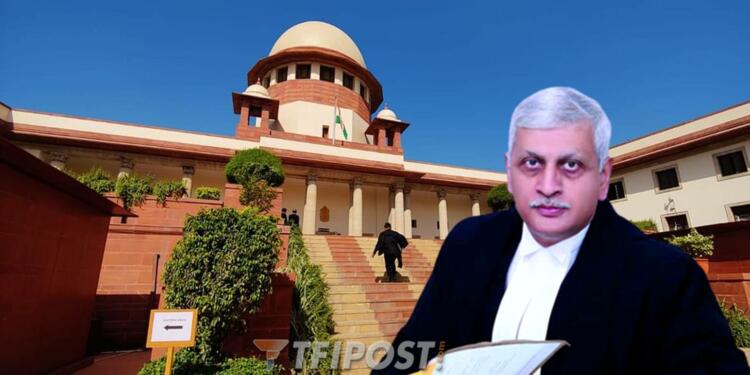It has been decades since the Indian Judiciary started facing flak for having a high burden of pending cases. Apart from dilapidated infrastructure, one of the reasons is the slow pace at which proceedings take place in lower Courts. Astoundingly, quick judgements are termed “instant justice” by many.
Araria Judge suspended
A Bihar (Araria) Judge has come under scrutiny for providing speedy justice. Shashi Kant Rai, additional district and sessions judge (ADJ) in Araria has accused the system of having an institutional bias against him. According to Rai, the speed at which he delivers judgements has ended up creating problems in his professional circle.
Araria Judge has cited various judgements to prove his point. In one of the POCSO cases he dealt with, Rai concluded the trial in one day. The case involved the rape of a six-year-old child. In another case, Rai had awarded the death sentence to an accused in a trial spanning four working days.
Order challenged by Araria Judge in Supreme Court
According to Supreme Court, pronouncing Judgements on the same day as the start of the trial goes against various case laws pronounced by it. “Because, according to us, this will be a travesty of justice that you are not even giving adequate notice, adequate opportunity to the person who is finally going to get death sentence,” said a Bench comprising U.U. Lalit, slated to be the next Chief Justice of India.
The Bench gave these observations in the case involving the suspension of Araria Judge. Shashi Kant Rai was suspended after he sought consideration for restoration of seniority on the basis of a new evaluation system. Instead, he was given a show cause notice and later a suspension letter for only questioning the process of evaluations of judgements.
High Court did not give rationale for Judgement
Petitioner Judge of Araria alleged that Patna High Court have non-speaking order of his suspension. A non-speaking order is an order which lacks evidential value.
In his plea filed through Senior Advocate Vikash Singh, Rai stated, “There is no reliance placed on any material while arriving at the said decision. The order merely states that disciplinary proceedings are pending against the petitioner and therefore, in exercise of the powers under Sub-rule (1) of Rule 6 of the Bihar Judicial Service (Classification, Control & Appeal) Rules, 2020 places the petitioner under suspension,”
In the past Supreme Court has clearly stated that a Judge should not be handed suspension order if he/she errs in judgement. Moreover, in this particular case, the judgements have got positive public sentiments. Primary reason behind that, Indian Judiciary is painfully slow and pendency of cases is a big issue in Indian Judicial system.
Pendency of cases is a big issue
In December, 2021, Kiren Rijiju, India’s Law Minister told Lok Sabha that a total of 4.70 crore cases were found to be pending in India. It is widely believed that High Courts and Supreme Court work more efficiently and they are less likely to have pendency of cases running for years. But, statistics tell a totally different story.
By March, 2021. Nearly 60 lakh cases were pending in High Courts, second highest Courts of the land. According to a Moneycontrol report, a whopping 73,000 cases were found to be pending in the Supreme Court alone. Former Chief Justice TS Thakur had even cried in front of PM Modi while describing the problem.
Given that the situation is so grave and all three organs of Democracy named Legislative, Executive and Judiciary have failed to improve the scenario and suspension of a Judge for speedy delivery of Justice does not send a good signal.
Support TFI:
Support us to strengthen the ‘Right’ ideology of cultural nationalism by purchasing the best quality garments from TFI-STORE.COM























